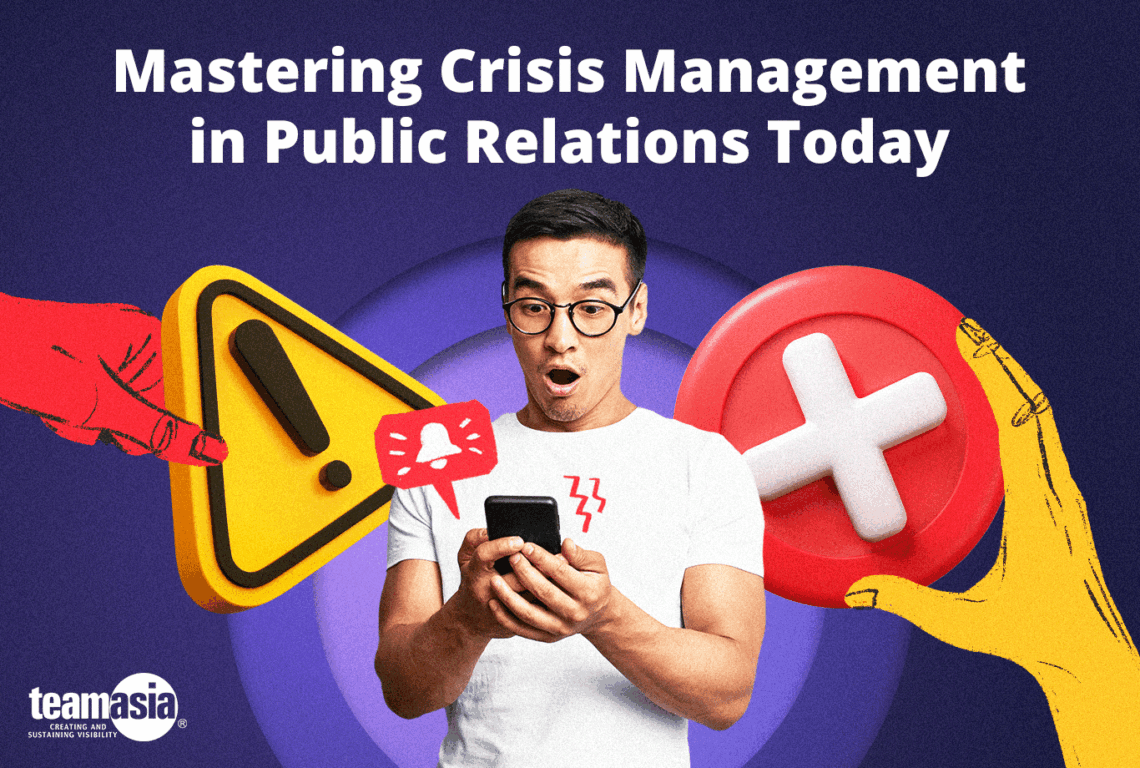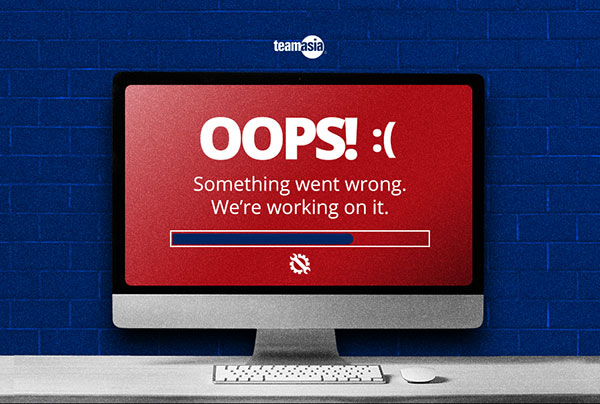Mastering Crisis Management in Public Relations Today

No matter how established a brand is, one poorly handled incident can easily spiral into a full-blown crisis.
Whether it’s a social media mishap, a product recall, or a sudden wave of negative publicity, moments like these test a brand’s ability to adapt, respond, and recover.
Everything moves super fast nowadays, so crisis management in public relations is more important than ever. Public relations, or the lack thereof, can make or break the trust you’ve worked so hard to build.
Understanding Crisis Management
Crisis management in public relations refers to a brand’s strategic communication process to navigate, control, and resolve unexpected negative events. The goal isn’t just to “put out fires” but to respond quickly, protect your brand’s image, and rebuild public trust.
Crises today unfold faster and more publicly than they did before. Social media platforms, news websites, and even private messages can turn a single incident viral in minutes. The digital space has changed how brands must approach reputation management—it’s immediate, visible, and always under scrutiny.
This is why mastering the tools, mindset, and strategies of crisis communication isn’t optional anymore. It’s a crucial part of a brand’s overall PR plan.
3 Key Strategies for Crisis Management in Public Relations
Effective crisis management in public relations today rests on three fundamental pillars: preparation, response, and ownership. Each stage is crucial and interconnected, contributing to an overall comprehensive strategy that can mitigate damage and safeguard brand reputation.
There’s no one-size-fits-all solution when a crisis strikes, but these three strategies form a strong foundation for effective crisis communication:
1. Prepare Before It Happens
A crisis communication plan should be in place long before it’s ever needed. You should identify potential risk areas, establish a clear chain of command, assign roles, and have pre-approved messaging templates ready. When you prepare ahead, your team can move faster with clarity and purpose.
Crisis simulations and media training can also be helpful. These prepare your leaders and spokespeople to respond calmly and confidently, avoiding confusion or panic when public attention intensifies.
2. Respond Quickly, Honestly, and with Empathy
Silence or denial can quickly be interpreted as guilt or indifference. Silence means yes, they say.
A timely and honest response shows that your brand acknowledges the issue and takes it seriously.
However, speed must never come at the cost of empathy. People want to know that your brand understands their concerns. Use clear language, avoid corporate jargon, and lead with sincerity. Address what happened, what actions are being taken, and how you’re making things right. But at the same time, taking too long to respond could signal insensitivity and insincerity.
Transparency, paired with genuine care, can stop a crisis from escalating, and even earn public support.
3. Own the Narrative on All Channels
Your audience is everywhere, and so should your messaging. Once a crisis breaks out, make sure your brand’s response is consistent across all platforms: press releases, social media, your website, internal communications, and customer service channels.
This unified messaging helps maintain clarity and trust. It also prevents misunderstandings or conflicting information that could worsen the situation.
Stay active in the conversation, answer questions, and provide updates as more details develop. Owning the narrative doesn’t mean controlling everything, it means staying accountable and leading the discussion.
Connecting with Your Audience During Tough Times
Behind every PR crisis is a ripple effect that touches not only customers and stakeholders but also employees, partners, and even communities. When a brand is under pressure, the people connected to it can also feel that impact.
But after all, at the heart of effective crisis management lies the ability to connect with people on a human level.
During a crisis, individuals often feel vulnerable, anxious, or even angry. A public relations strategy that acknowledges these emotions and responds with empathy and sincerity is far more likely to resonate positively.
This means avoiding jargon and corporate speak, and instead communicating in clear, concise, and relatable language. It involves actively listening to concerns, acknowledging pain points, and demonstrating a genuine commitment to finding solutions. Building trust during a crisis requires showing your audience that you understand their perspective and are taking their concerns seriously.
Take the First Step
You always have to take the first step. Being prepared for any situation is essential for safeguarding your brand in the contemporary landscape. Strong crisis management in public relations ensures that when challenges arise, you have the tools, strategy, and support to overcome them and come out stronger.
At TeamAsia, we are here to guide you through this ever-evolving world of public relations with our three decades of experience and a dedicated team of public relations experts who understand today’s challenges.
Don’t wait for a crisis to hit. Let’s talk about how we can enhance your reputation and help your business grow. Contact us today.





